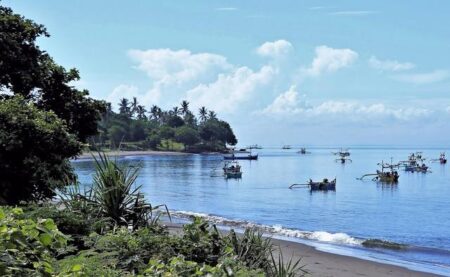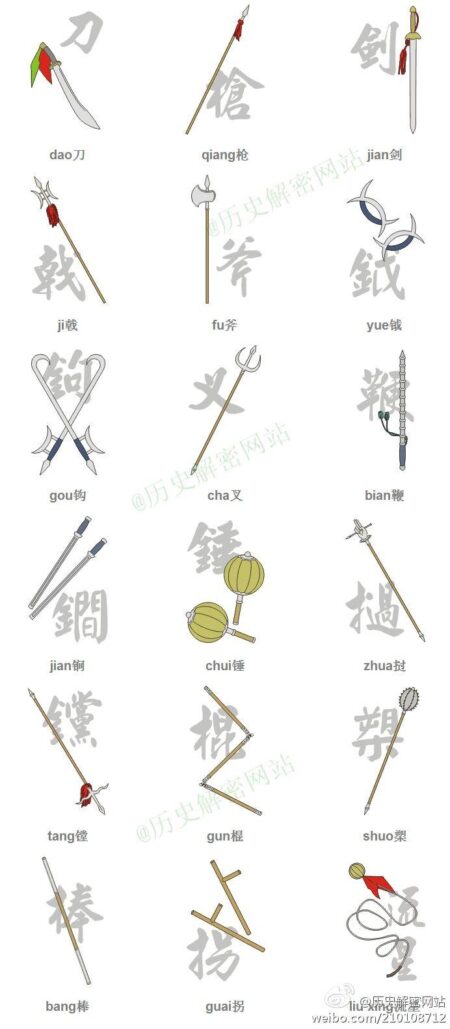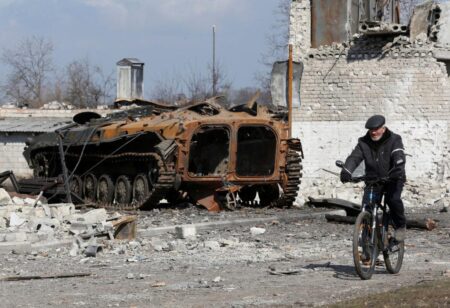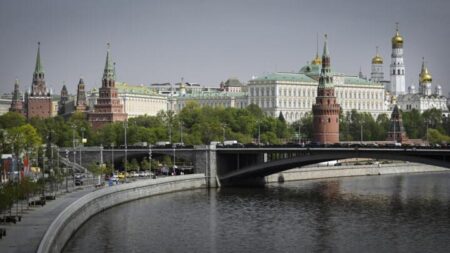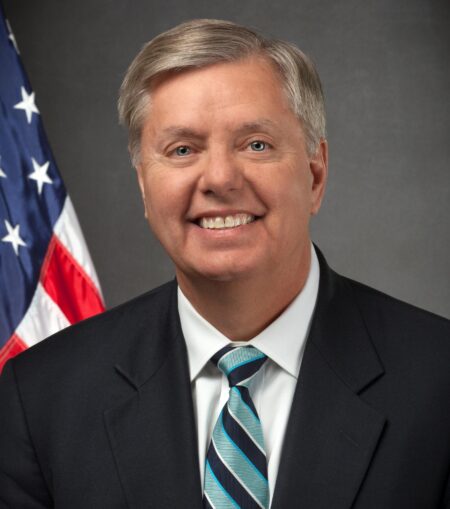The CSIS report “Ghost Busters” explores daring strategies to dismantle Russia’s shadow fleet, revealing innovative tactics designed to disrupt illicit maritime activities and enhance the security of global shipping routes
Browsing: Security Studies
Chinese weapons dramatically altered the course of the recent conflict between neighboring countries. With cutting-edge technology and expertly managed supply routes, the battlefield was transformed, intensifying the war and sparking urgent concerns about regional security
The Institute for the Study of War’s May 26, 2025 assessment reveals striking shifts in Russia’s offensive campaign, uncovering tactical maneuvers and changing frontline dynamics that are reshaping the conflict landscape across Eastern Europe
France has unveiled alarming evidence that Russia is deeply involved in a series of disinformation campaigns designed to destabilize Ukraine and its allies. These revelations highlight a troubling strategy to manipulate public opinion and create division during this critical time of conflict.
In a bold step to ramp up pressure on Moscow, Senator Lindsey Graham is advocating for fresh sanctions against Russia, highlighting the urgent need for a united global front. These proposed measures are designed to ensure that Russia faces consequences amid escalating geopolitical tensions.
In a region marked by geopolitical tension, France’s strategy in the Indo-Pacific emerges as a multifaceted approach balancing maritime security, regional partnerships, and proactive diplomacy. Understanding this strategy is crucial for navigating future conflicts and alliances.
The Institute for the Study of War’s March 13, 2025, report reveals significant developments in Russia’s military strategy. It highlights intensified offensives in key regions, raising concerns about escalation and its implications for regional stability.
As geopolitical tensions rise, the question of whether France and the United Kingdom can effectively replace the U.S. nuclear umbrella emerges. This shift could reshape NATO dynamics and Europe’s defense posture, challenging traditional security alliances.
As of March 4, 2025, the Institute for the Study of War reports a marked escalation in Russian offensive operations. Strategic assaults aim to regain lost territories, increasing tensions in Eastern Europe. Analysts emphasize the potential for broader regional instability.
The ongoing Russia-Ukraine conflict highlights critical lessons in the human domain, emphasizing the importance of resilience, social cohesion, and communication in wartime. These insights can inform future strategies for conflict management and humanitarian response.

